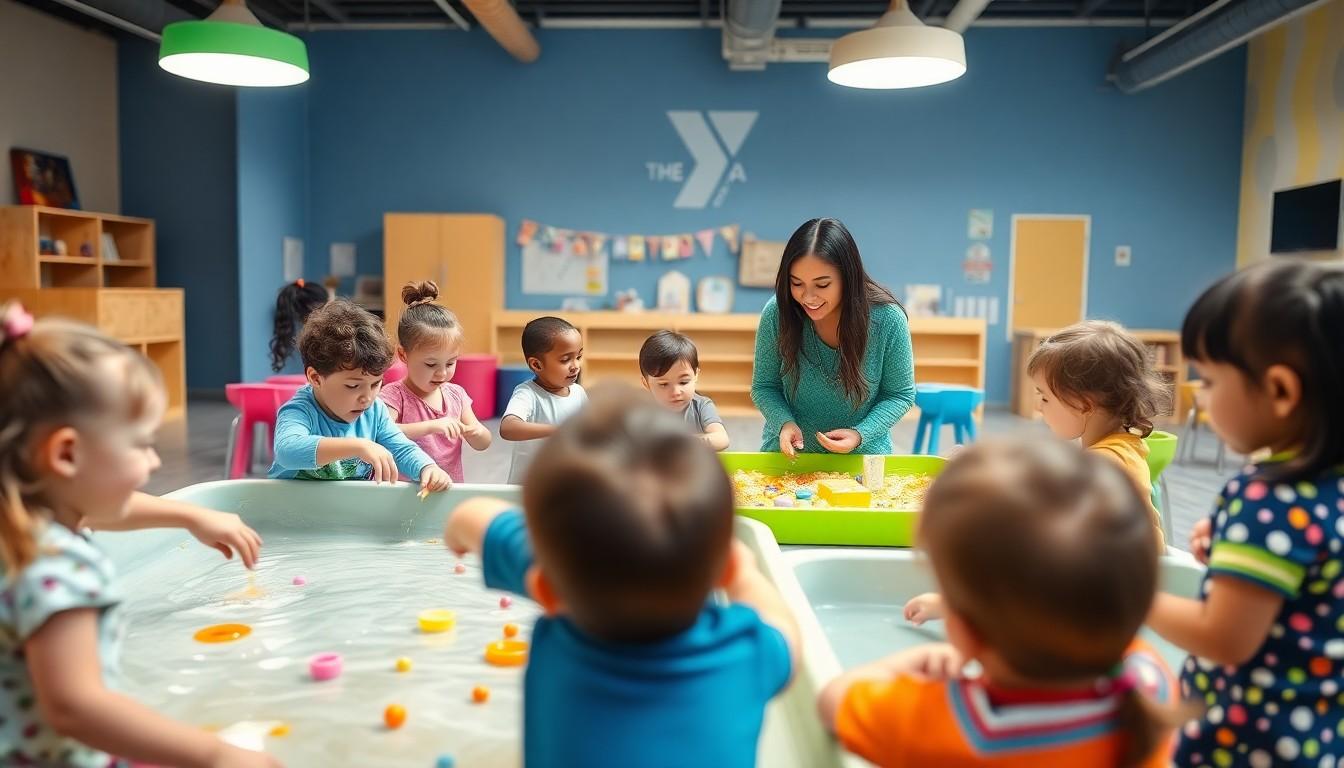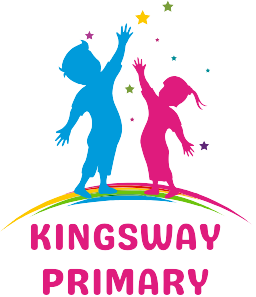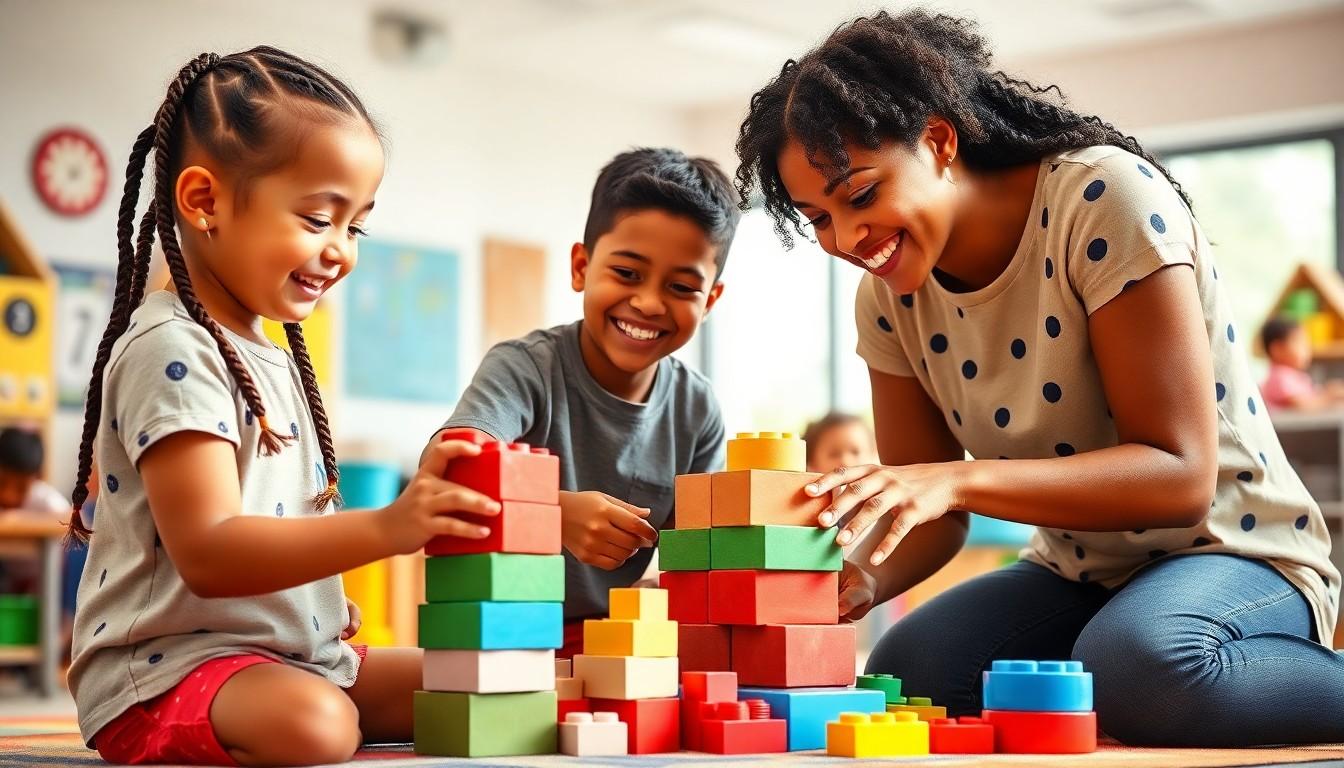Looking for a place where kids can flourish while parents tackle their daily responsibilities? YMCA Child Development Centers have been shaping young minds and building strong foundations for over a century. These centers blend education fun and physical activity into an enriching experience that kids actually look forward to.
From finger painting to fundamental learning these development centers offer comprehensive programs tailored to different age groups. The YMCA’s experienced staff members don’t just watch children – they nurture growth create engaging activities and foster an environment where every child feels valued and supported. With a proven track record of success these centers focus on developing the whole child through social emotional and cognitive learning experiences.
Table of Contents
ToggleWhat Is a YMCA Child Development Center?
A YMCA Child Development Center operates as a licensed childcare facility that delivers comprehensive early childhood education programs. These centers serve children from 6 weeks to 12 years old through structured learning environments focused on whole-child development.
Core Values and Mission
YMCA Child Development Centers embrace four core values: caring, honesty, respect and responsibility. The centers’ mission focuses on strengthening communities through youth development programs that build character. Their approach emphasizes:
- Social responsibility through community service projects
- Healthy living habits including physical activity and nutrition
- Character development activities that reinforce positive behaviors
- Inclusive practices that welcome families from all backgrounds
- Cultural awareness through diverse programming and celebrations
Educational Philosophy
YMCA centers follow a research-based curriculum that promotes active learning through play and exploration. The educational approach incorporates:
- Age-appropriate activities targeting specific developmental milestones
- STEAM learning opportunities with hands-on experiments
- Language development through stories songs and conversations
- Fine motor skill enhancement via art music and creative projects
- Social skills practice through guided peer interactions
- Regular assessments to track each child’s progress
| Development Area | Activities |
|---|---|
| Cognitive | Problem-solving games puzzles reading |
| Physical | Sports dance outdoor play |
| Social | Group projects sharing activities roleplay |
| Emotional | Self-expression art mindfulness |
Benefits of YMCA Child Development Programs

YMCA child development programs deliver measurable advantages in learning outcomes educational achievement social skills. These programs create a foundation for lifelong success through structured activities targeted instruction individualized attention.
Age-Appropriate Learning Experiences
YMCA programs incorporate developmentally appropriate activities for each age group from infants to school-age children. Toddlers engage in sensory exploration activities like water play texture tables music stations. Preschoolers participate in guided learning centers focusing on early literacy math science discovery. School-age children access homework support enrichment activities STEAM projects leadership opportunities. Teachers modify activities based on each child’s developmental stage ensuring optimal engagement learning outcomes.
Social and Emotional Growth
The centers foster positive peer relationships through structured group activities collaborative projects guided play. Children develop crucial social skills like sharing taking turns resolving conflicts communicating effectively. Daily routines include circle time group discussions emotional awareness activities character building exercises. Teachers model guide positive behaviors helping children recognize manage emotions build self-confidence develop empathy for others.
Physical Development Activities
Active play forms an essential component with dedicated time for both indoor outdoor physical activities. Children participate in structured exercises like yoga dance movement games sports activities. Fine motor development occurs through art projects writing activities building blocks manipulative toys. The program incorporates age-specific physical challenges obstacle courses team sports that enhance coordination balance strength endurance. Regular physical activity promotes healthy habits while supporting gross motor skill development spatial awareness body control.
Daily Life at YMCA Child Care Centers
YMCA child care centers maintain structured daily routines that balance educational activities with play time. Each day incorporates essential components of early childhood development while ensuring children remain engaged and active.
Sample Daily Schedule
- 6:30 AM – 8:00 AM: Early morning drop-off with quiet activities
- 8:00 AM – 8:30 AM: Breakfast time
- 8:30 AM – 9:30 AM: Circle time featuring songs stories literacy activities
- 9:30 AM – 10:30 AM: Learning centers exploration
- 10:30 AM – 11:30 AM: Outdoor play weather permitting
- 11:30 AM – 12:30 PM: Lunch time social interaction
- 12:30 PM – 2:30 PM: Nap time quiet rest period
- 2:30 PM – 3:30 PM: Afternoon snack art activities
- 3:30 PM – 4:30 PM: STEAM activities guided learning
- 4:30 PM – 5:30 PM: Free play indoor outdoor activities
- 5:30 PM – 6:00 PM: Clean-up late pickup preparations
Learning Through Play Approach
Children engage in purposeful play activities throughout the day at YMCA centers. Teachers create learning stations with building blocks puzzles art supplies sensory bins dramatic play areas that encourage exploration discovery. Learning activities incorporate mathematics concepts through counting sorting patterns language development through storytelling puppet shows creative expression through music movement art projects. Physical activities include structured games obstacle courses yoga sessions that develop gross motor skills coordination. Social skills grow through cooperative play group projects sharing exercises turn-taking activities guided by experienced educators who facilitate meaningful interactions among peers.
YMCA Early Childhood Education Programs
YMCA early childhood education programs provide specialized care tailored to different developmental stages from infancy through school age. Each program implements research-based curricula that promote age-appropriate learning experiences.
Infant and Toddler Care
Infant care at YMCA centers maintains a 1:4 teacher-to-child ratio for individualized attention to babies 6 weeks to 18 months old. Teachers create nurturing environments with sensory experiences engaging sight sound touch through tummy time activities mirrors musical instruments soft textures. Toddler programs focus on emerging independence with self-help skills like hand washing feeding dressing. Daily activities include:
- Language development through stories songs finger plays
- Fine motor practice with art materials manipulatives puzzles
- Gross motor skills in safe climbing crawling walking spaces
- Social emotional growth via teacher guided peer interactions
Preschool Programs
YMCA preschool programs serve children ages 3-5 with structured learning opportunities preparing them for kindergarten success. The curriculum incorporates:
- Letter recognition phonics early reading skills
- Number concepts basic math operations patterns
- Science experiments hands on discovery centers
- Art projects developing creativity expression
- Circle time activities building listening speaking skills
Teachers document each child’s progress through portfolios observations assessments shared regularly with families. Learning centers rotate weekly themes exploring topics like transportation community helpers seasons weather.
Before and After School Care
School age programs operate from 6:30 AM until school starts resuming after dismissal until 6:00 PM. Activities include:
- Homework assistance with qualified staff support
- Organized sports games promoting teamwork
- STEAM projects fostering critical thinking
- Leadership opportunities through group activities
- Character development focusing on YMCA core values
The programs maintain consistent schedules balancing academic enrichment physical activity creative expression. Transportation services coordinate with local schools ensuring safe reliable transit between facilities.
Health and Safety Standards
YMCA Child Development Centers maintain comprehensive health protocols that exceed state licensing requirements for childcare facilities. These standards encompass staff qualifications, facility maintenance protocols, emergency procedures, and daily health practices.
Staff Training and Qualifications
YMCA childcare staff complete 40+ hours of specialized training annually in early childhood education, safety protocols, and emergency response procedures. Each teacher holds current certifications in pediatric CPR, first aid, and AED operation. Lead teachers possess degrees in early childhood education or related fields, with a minimum of 2 years of classroom experience. Staff members undergo thorough background checks, health screenings, and ongoing professional development in child development, behavioral management, and safety procedures.
Facility Safety Measures
YMCA centers feature secured entry systems with fingerprint or keycard access limited to authorized personnel and parents. Each facility includes:
- Security cameras monitoring all indoor and outdoor spaces
- Child-proof electrical outlets and cabinet locks throughout
- Impact-absorbing surfaces in outdoor play areas
- Sanitization stations in each classroom
- Emergency evacuation equipment and clearly marked exits
- Fenced outdoor spaces with regular safety inspections
- Commercial-grade air filtration systems
- Daily cleaning protocols using EPA-approved disinfectants
Centers maintain detailed logs for facility maintenance, cleaning schedules, and safety inspections. Staff conduct monthly emergency drills including fire, severe weather, and lockdown scenarios.
Parent Involvement and Communication
YMCA Child Development Centers prioritize open communication between educators and families, creating a collaborative environment that supports each child’s growth. The centers implement multiple channels for parent engagement and maintain transparent reporting systems.
Family Engagement Activities
YMCA centers organize monthly family nights featuring educational workshops interactive demonstrations art exhibitions. Parents participate in classroom activities including reading sessions cultural celebrations holiday events. The centers host quarterly parent-teacher conferences addressing developmental progress learning goals family concerns. Special events include:
- Seasonal festivals celebrating diverse cultural traditions
- Parent education workshops covering child development topics
- Family fitness classes promoting healthy lifestyle habits
- Volunteer opportunities in classroom projects field trips
- Parent advisory committees shaping program policies initiatives
Progress Updates and Reporting
- Weekly electronic newsletters highlighting classroom activities learning themes
- Monthly developmental progress reports tracking specific milestones
- Real-time updates through a secure mobile app sharing photos activities
- Quarterly assessment summaries measuring growth across developmental domains
- Individual conference reports outlining achievements goals next steps
| Communication Method | Frequency | Content Type |
|---|---|---|
| Digital Portfolio | Daily | Photos Activities Notes |
| Mobile App Updates | Real-time | Photos Messages Alerts |
| Progress Reports | Monthly | Developmental Milestones |
| Parent Conferences | Quarterly | Comprehensive Assessment |
Conclusion
YMCA Child Development Centers stand as pillars of early childhood education delivering exceptional care and comprehensive development programs. Their dedication to fostering growth across physical emotional social and cognitive domains creates an environment where children truly flourish. Through experienced staff research-based curricula and unwavering commitment to safety these centers continue to shape the future of countless young minds.
The combination of structured learning engaging activities and inclusive practices makes YMCA centers an ideal choice for families seeking quality childcare. Parents can trust that their children are receiving outstanding care while developing essential life skills that will serve them well beyond their early years.



